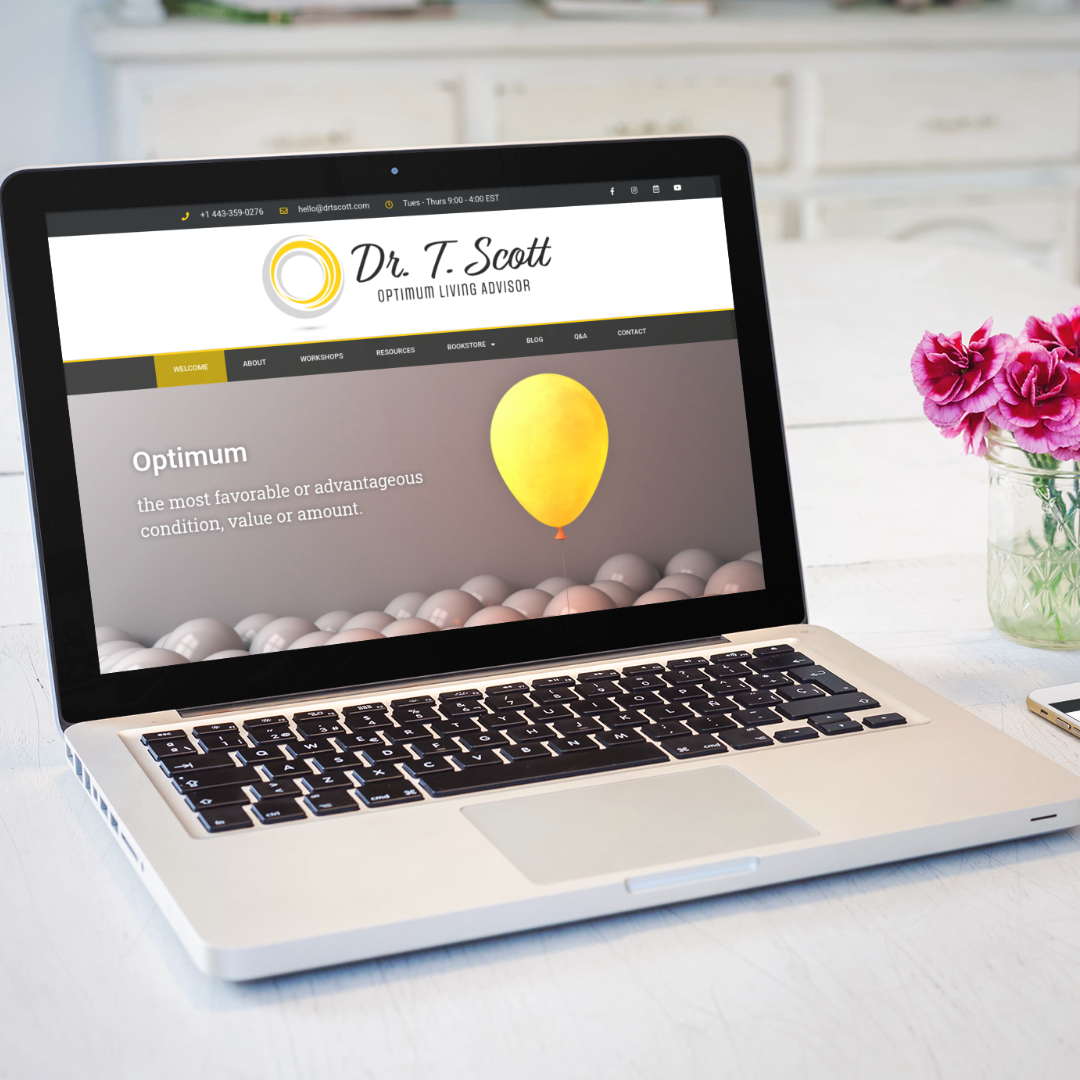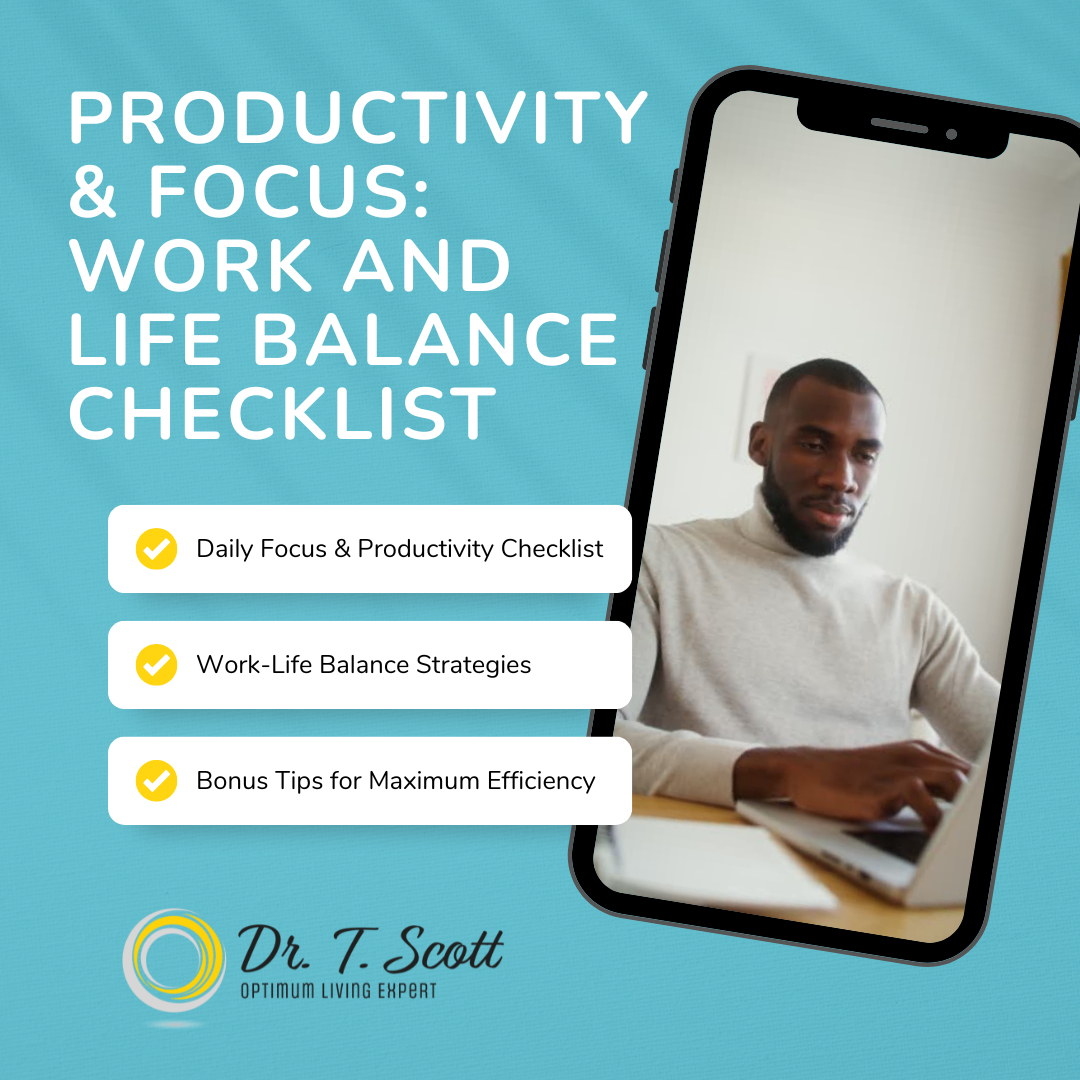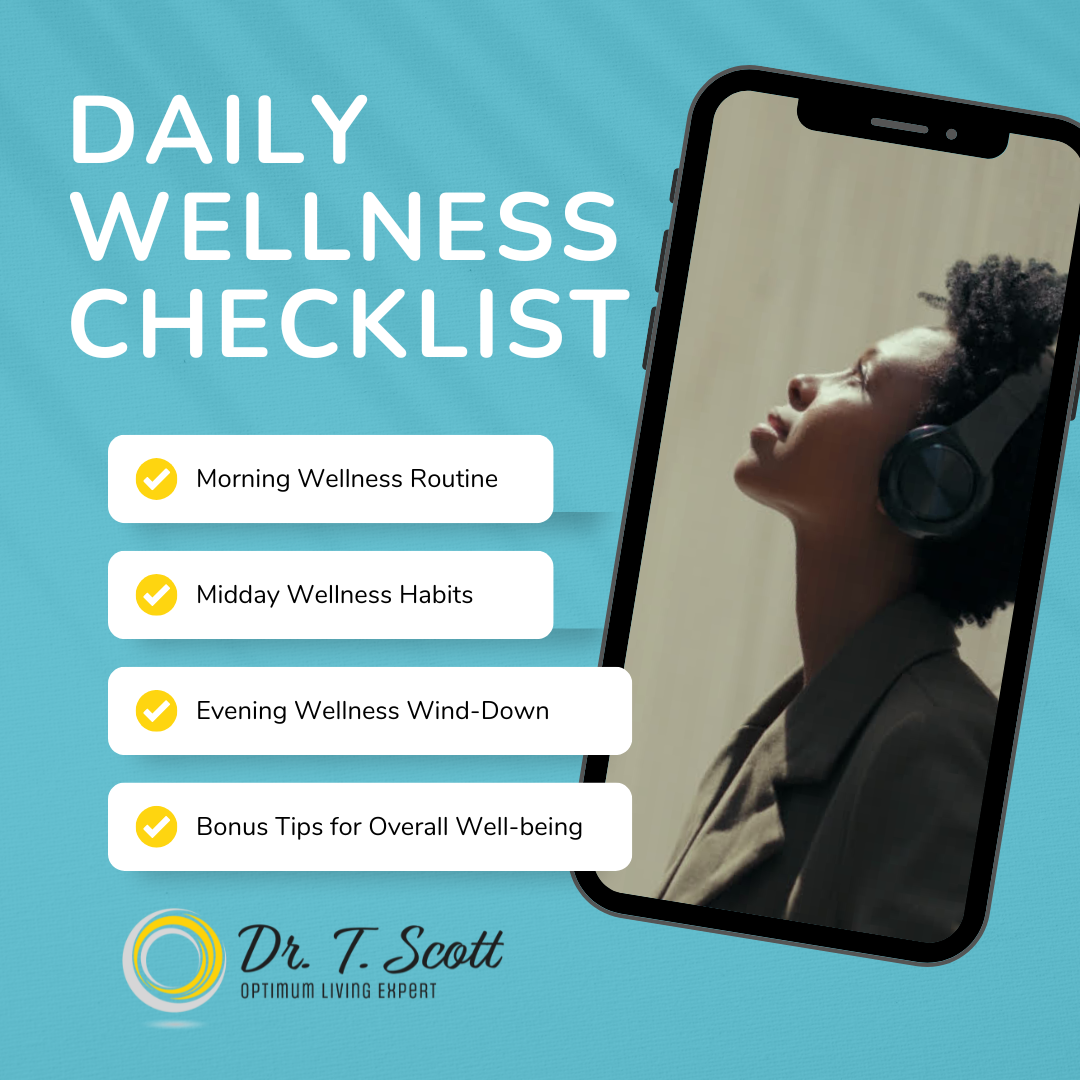Cares, concerns and pressures of life can really take a toll on us. It seems the more we have the more we stress. Many of our parents, grandparents and great grandparents has far less than we have today. They prepared meals without a microwave or air fryer, washed dishes, pots and pans without a dishwasher, cleaned floors with a robot or Swiffer, waited to make phone calls (urgent and non-urgent), and valued family and quiet time more than watching television or movies.
Instead of our modern conveniences freeing us up, it has heightened our need for more and the maintenance thereof. There’s the constant need for the latest cell phone, app updates, onslaught of emails, social media notifications, awareness of computer scams/viruses, electronic banking balances and transfer errors, etc. In addition, you have to keep up with you and your family’s personal lives and activities.
Let’s take a break. Step back. Stop. Take an objective look at your life. Where do you need to breathe? Let’s see how you can take some pressure off yourself – how you can de-stress your life?
Stress Contributors
Insecurities. If you’re struggling with stress, it could be an insecurity issue. An insecure person is unwilling to say no, can’t or let me get back to you. This person becomes involved with many things that are overwhelming and seemingly provide no way out of all the commitments. If you’re insecure in any of your life, I want to remind you of the beckoning words of Jesus – “Come to me all you who labor and are heavy laden and overburdened, and I will cause you to rest. I will ease and relieve and refresh your souls.” (Matthew 11:28, Amplified) The Bible also records in Psalms 23:2-4 that the Lord can make you to lie down in green pastures, lead you beside quiet waters, and refresh your soul. That’s some good news, but we have to cooperate with that process.
You can’t be everything to everybody. Don’t give in to guilt when you say no. By saying no you are exercising some self-preservation which is not selfishness. Continuing to pour from an empty cup is self-destructive. You lose a little of yourself each time you give what you don’t have.
Let’s face it, we also can’t please everybody. It doesn’t make any difference how much you do for others, it’s never enough. That’s when you need to step back and see the relationship for what it is. Don’t let what someone did for you in the past hold you hostage in a dysfunctional relationship – family included. You are grateful for what they did to help you in your time of need, but you have repaid that debt a hundred times over. There’s something called boundaries that need to be set in order. Boundaries eliminate assumptions. Boundaries state what you will and will not do; how far you will go; and can include why you are incorporating this new behavior, if you desire to explain.
Many things can contribute to stress, such as:
- Work
- Relationships
- Money
- Health
- Social Pressure
- Accident
- Academics
- Divorce/Separation
- Bereavement/Grief
- Having a Baby
- Language Barriers
- Discrimination
- Homelessness
- Transportation
- Living Condition
- Relocation, Etc.
Good and Bad Stress
Life is filled with events and circumstances that bring on good and bad stress.
Good Stress. Good stress is short-term and motivating. It can motivate you to perform well. It propels you into what you need to do – force us into action. Good stress can help you focus your energy and enhance your performance.
Bad Stress. Bad stress is long-term and harmful. Bad stress is also known as distress. This type of stress brings tension, sickness and disease which can wear you out. Bad stress can lead to anxiety, confusion, poor concentration, and decreased performance. It can also cause emotional effects such as headaches, fatigue, irritability, and chronic muscle pain.
Just know you will not have a stress-free life. Take charge of your life. Assess the situation. Ask yourself ‘is this a good or bad stress?’
Stress Less
“There is no such thing as a stress-free life. No evidence has ever been presented which suggests that a stress-free life can ever be achieved. Stress can be managed, relieved and lessened, but never eliminated.”
(Gudjon Bergmann)
Manage It. How are you handling the stress? Identify what caused the stress. When you feel stressed, write down the cause, your thoughts and your mood. When you know what’s bothering you, develop a plan for addressing it. List all your commitments, assess your priorities and eliminate any tasks that are not absolutely essential.
Also practice mindfulness meditation to help you stay centered in the present moment and reduce feelings of fear and anxiety. “I am with you, so do not be afraid. I am your God, so do not be upset. I will make you strong and I will help you. My powerful right hand will keep you safe.” (Isaiah 41:10, Easy)
“The greatest weapon against stress is our ability to choose one thought over another.”
(William James)
Walk Away. When confronted with a stressful situation, you may have to walk away. Walk away when you’re angry. Before you react, take time to regroup by counting to ten. Then reconsider or reassess the situation. Walking or other physical activity helps put a distance between you and the situation, and to work off some steam. Exercise increases the production of endorphins which is your body’s natural mood-booster. Commit to some type of daily exercise. This makes a huge difference in reducing stress levels. “You are my hiding place; you will protect me from trouble and surround me with songs of deliverance.” (Psalm 32:7-8)
“It’s not stress that kills us; it is our reaction to it.”
(Hans Selye)
Support. Confide in family and friends, or turn to someone professional. It’s important to express your feelings instead of bottling them up because that can add to your stress.
Rest. Stress affects the mind as well as the body. Consider resting your mind. I read a survey that said stress keeps more than 40% of adults lying awake at night. You need 7-8 hours of sleep. Rest gives your time to recover from stressful events and sets you up to fight new challenges the next day. So cut back on caffeine, remove distractions (television and computer in your bedroom, glaring at cell phone light, etc.), and go to bed the same time each night. Engage in exercises that bring relaxation. These are stress reducers and can boost your immune system. “My soul finds rest in God alone; my salvation; he is my fortress, I will never be shaken.” (Psalm 62:1-2)
“Stress is caused by being ‘here’ but wanting to be ‘there’.”
(Eckhart Tolle)
Dr. Theresa Scott
Optimum Living Advisor




